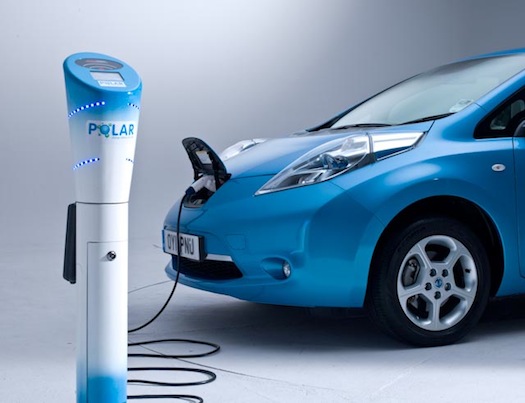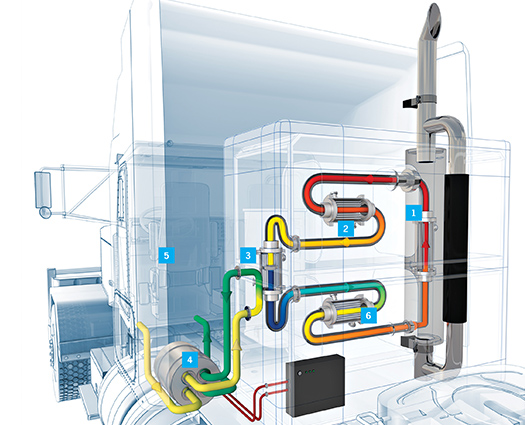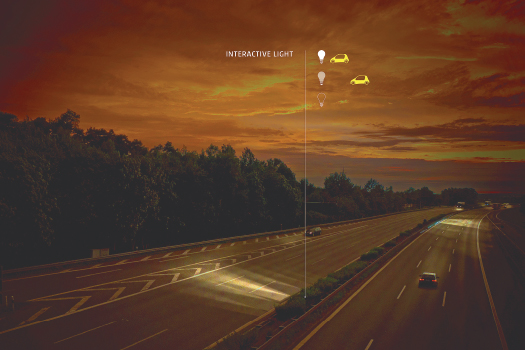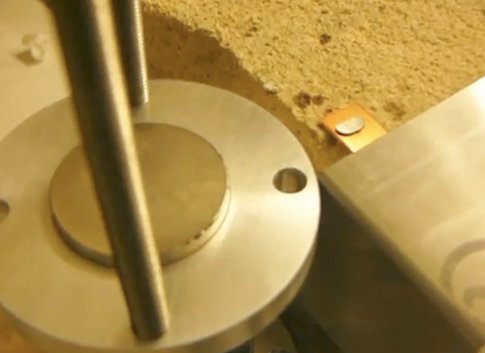

As the owner of the first Nissan Leaf electric car sold in Maine, it is my pleasure to give slide presentations to various groups about the history, benefits, and personal experiences of driving an electric vehicle.
After a showing of the movie Revenge of the Electric Car, I was participating in a question and answer session when someone in the audience shouted, “Your car is not zero-emission!”
Although the Leaf has no tailpipe and causes no local emissions, I had to acknowledge that my car’s use of electricity indirectly contributes to smokestack emissions from power plants that burn fossil fuels.
In other words, it’s a transfer of pollution to a different point in the ‘carbon cycle’.
This of course begs the question: What’s the point of driving an electric car from an environmental perspective if this is happening, the other benefits notwithstanding?
Chin up, my friends: All is not lost.
At this point, I’ll direct you to a U.S. Department of Energy link that lets you determine your plug-in electric car’s CO2 footprint.
As you know, power companies across the country produce electricity both by burning hydrocarbons and from renewable sources that vary from region to region–making electric vehicles ‘greener’ in certain areas of the country than in others.
Keep in mind an electric car gets cleaner as the sustainability movement grinds its way forward and individual power grids gain a higher percentage of renewables.
Not having the patience to wait for that to happen, I chose a different path: solar power.
During the past year, my Leaf used roughly 1800 kilowatt-hours of electricity, so I had a photovoltaic system installed that will offset the power required to fuel my car.
Since the utility rate where I live is $0.14/kWh, slightly above the national average, that works out to be $252 a year if I were to buy that amount of power.
More From Green Car Reports:
Chrysler CEO: Going Green Is Good, But Natural Gas Better Than Electric
Gas-Mileage Rules To Add $3,000 Or More To Car Prices By 2025?
Will Future Tesla Electric Cars Use Metal-Air Batteries?
So what’s the payback, you’re thinking?
For me, it’s a combination of not buying gasoline–the savings of which will pay for the solar panels over a period of several years–along with the comfort of knowing my ride is truly zero-emission.
So, the question remains: Will your next vehicle be zero-emission …Yes or No?
This article, written by Marc Lausier, was originally published on Green Car Reports, a publishing partner of Popular Science. Follow GreenCarReports on Facebook and Twitter .























